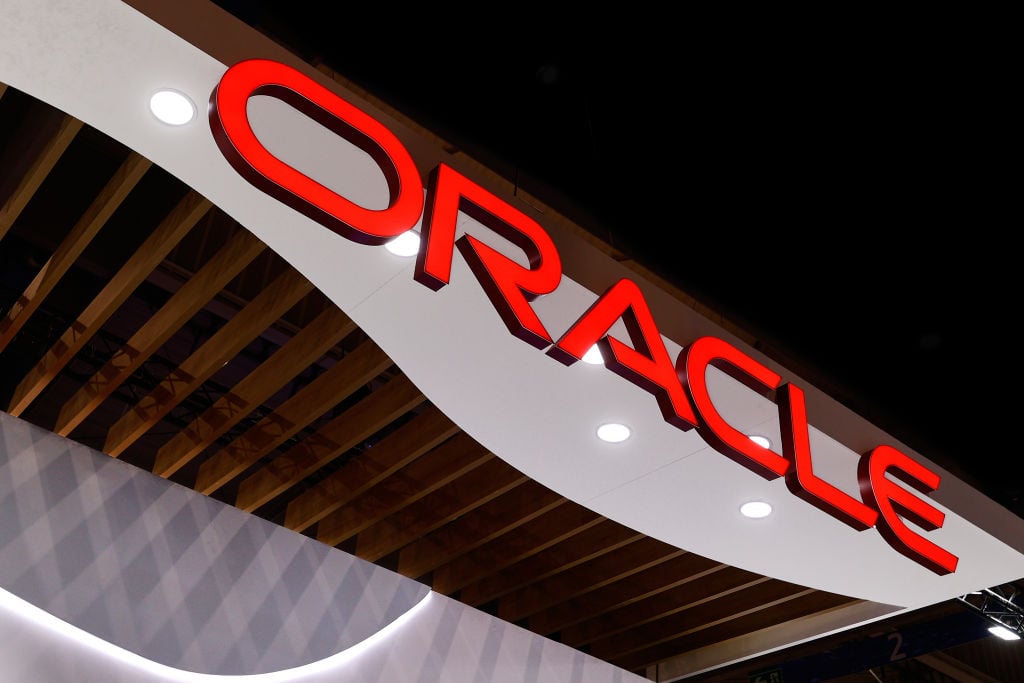Wednesday was generally favorable on Wall Street, as broader market benchmarks were higher despite a roughly 40-point drop for the Dow Jones Industrial Average. Tech stocks helped to push the Nasdaq Composite to record levels, but concerns about trade tensions continued to weigh on more export-sensitive areas of the economy. Moreover, some negative news from certain individual companies also affected market sentiment. Pivotal Software (PVTL +0.00%), Anika Therapeutics (ANIK +4.05%), and Oracle (ORCL 3.37%) were among the worst performers on the day. Here's why they did so poorly.
Pivotal gives back some gains
Shares of Pivotal Software fell almost 7%, retreating after posting much larger gains last week following the company's first report as a publicly traded stock. Pivotal stock climbed more than 25% on June 13 after saying that it experienced sharp growth in sales during its fiscal first quarter, including especially strong gains for its subscription-based recurring revenue figures. However, some analysts have pointed to the successes of recent IPOs like Pivotal, suggesting that some of those gains have gone too far, too fast to take comfort in. Pivotal's fundamental prospects still look sound, but shareholders seem to be questioning whether the stock needs to take a break before returning to a high-growth trajectory.

Image source: Pivotal Software.
Anika dives on trial data
Anika Therapeutics stock plunged nearly 38% in the wake of the company's release of results from a phase 3 clinical trial. The trial looked at Anika's Cingal combination drug of two factors against each of those factors alone and a placebo. But the company said that despite what it called "strong" patient responses, the pain reduction using Cingal compared with triamcinolone hexacetonide by itself after 26 weeks wasn't statistically significant, leading to a failed primary endpoint for the study. With analysts adding insult to injury by downgrading the stock, Anika now faces a loss of confidence among investors at the same time that the efficacy of its candidate treatment is in question.
Oracle's future looks cloudy
Finally, Oracle dropped 7.5%. The database software giant reported fiscal fourth-quarter financial results that included a 3% rise in total revenue from the year-ago quarter, and CEO Safra Catz was pleased with the double-digit percentage adjusted earnings growth that Oracle delivered for the full 2018 fiscal year. Yet investors weren't happy with the fact that Oracle said it would no longer provide specific projections for revenue from cloud infrastructure sources, raising speculation about the tech giant's expectations for that key part of its business. Today's move shows that even established tech leaders can have trouble keeping up with the pace of innovation in the industry, and Oracle will have to work harder to catch up and thrive.







